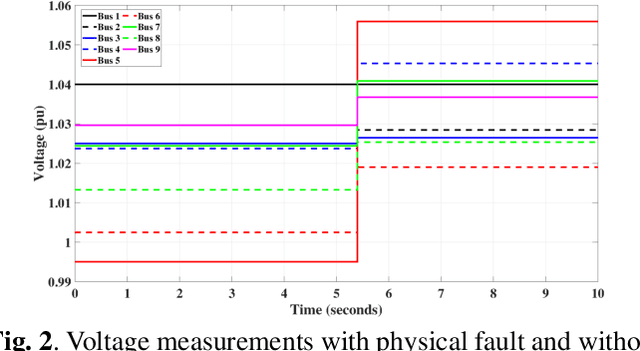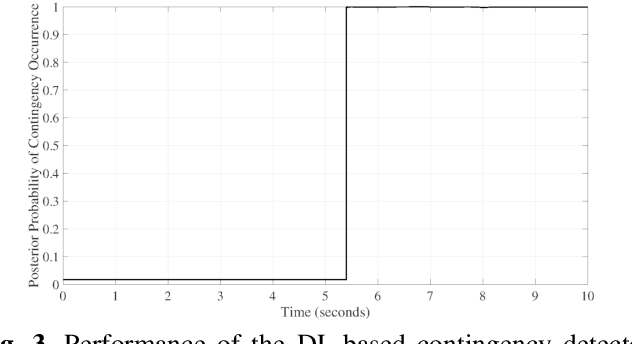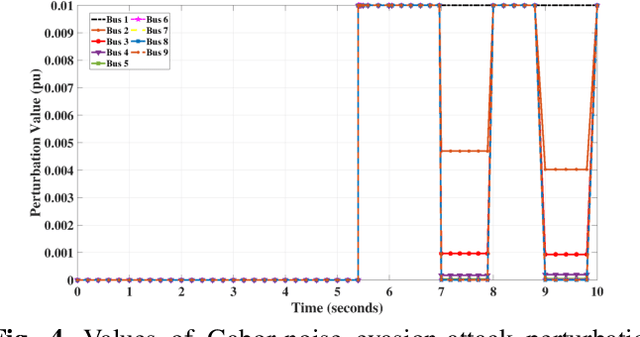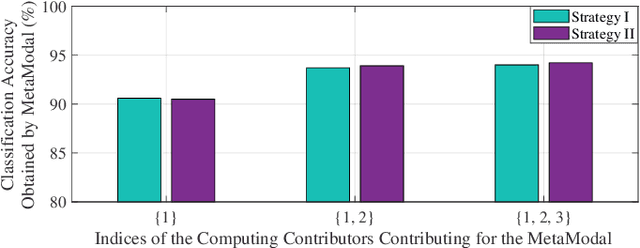Moein Sabounchi
A Practical Adversarial Attack on Contingency Detection of Smart Energy Systems
Sep 13, 2021



Abstract:Due to the advances in computing and sensing, deep learning (DL) has widely been applied in smart energy systems (SESs). These DL-based solutions have proved their potentials in improving the effectiveness and adaptiveness of the control systems. However, in recent years, increasing evidence shows that DL techniques can be manipulated by adversarial attacks with carefully-crafted perturbations. Adversarial attacks have been studied in computer vision and natural language processing. However, there is very limited work focusing on the adversarial attack deployment and mitigation in energy systems. In this regard, to better prepare the SESs against potential adversarial attacks, we propose an innovative adversarial attack model that can practically compromise dynamical controls of energy system. We also optimize the deployment of the proposed adversarial attack model by employing deep reinforcement learning (RL) techniques. In this paper, we present our first-stage work in this direction. In simulation section, we evaluate the performance of our proposed adversarial attack model using standard IEEE 9-bus system.
Blockchain as a Service: An Autonomous, Privacy Preserving, Decentralized Architecture for Deep Learning
Jul 05, 2018



Abstract:Deep learning algorithms have recently gained attention due to their inherent capabilities and the application opportunities that they provide. Two of the main reasons for the success of deep learning methods are the availability of processing power and big data. Both of these two are expensive and rare commodities that present limitations to the usage and implementation of deep learning. Decentralization of the processing and data is one of the most prevalent solutions for these issues. This paper proposes a cooperative decentralized deep learning architecture. The contributors can train deep learning models with private data and share them to the cooperative data-driven applications initiated elsewhere. Shared models are fused together to obtain a better model. In this work, the contributors can both design their own models or train the models provided by the initiator. In order to utilize an efficient decentralized learning algorithm, blockchain technology is incorporated as a method of creating an incentive-compatible market. In the proposed method, Ethereum blockchain's scripting capabilities are employed to devise a decentralized deep learning mechanism, which provides much higher, collective processing power and grants access to large amounts of data, which would be otherwise inaccessible. The technical description of the mechanism is described and the simulation results are presented.
 Add to Chrome
Add to Chrome Add to Firefox
Add to Firefox Add to Edge
Add to Edge